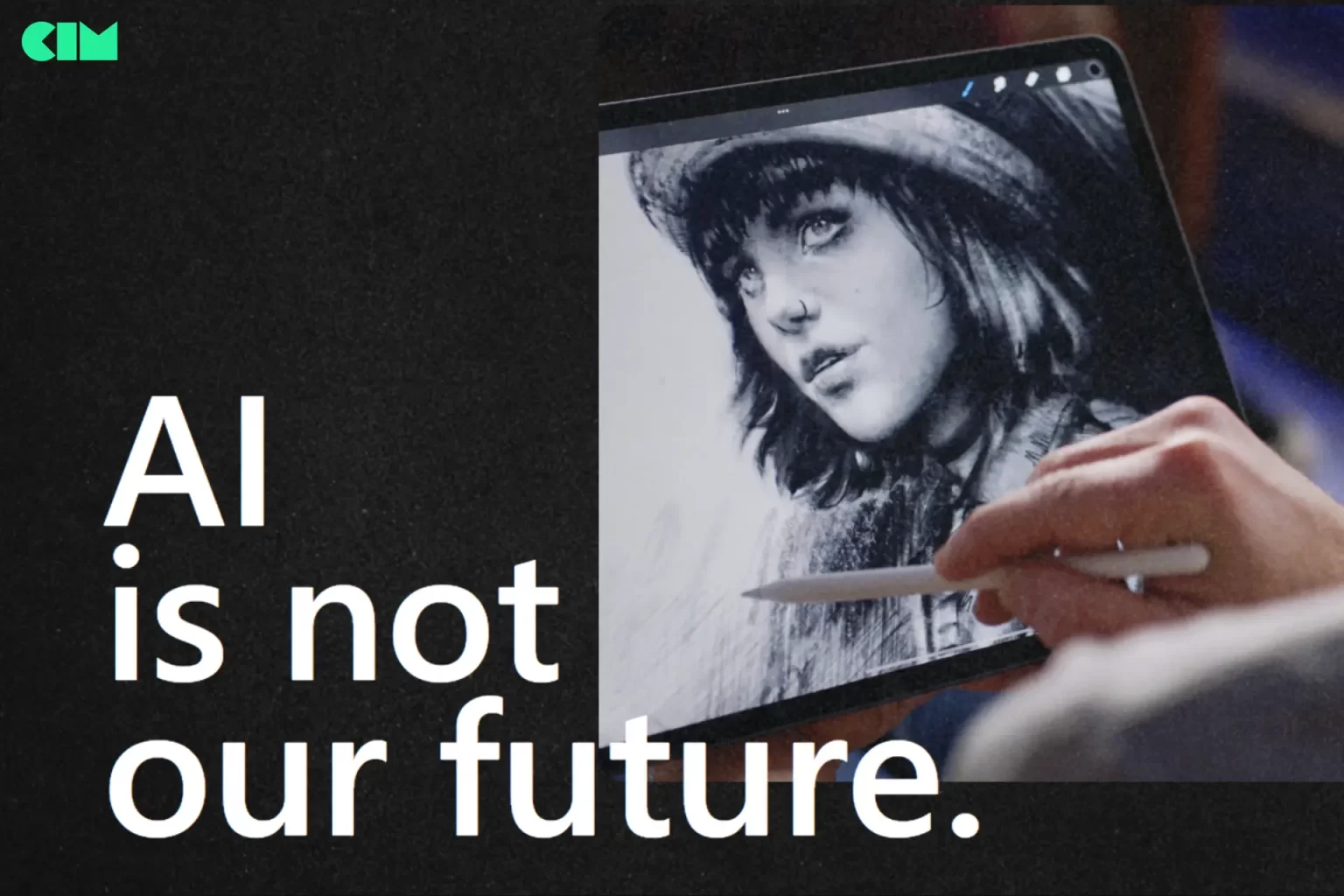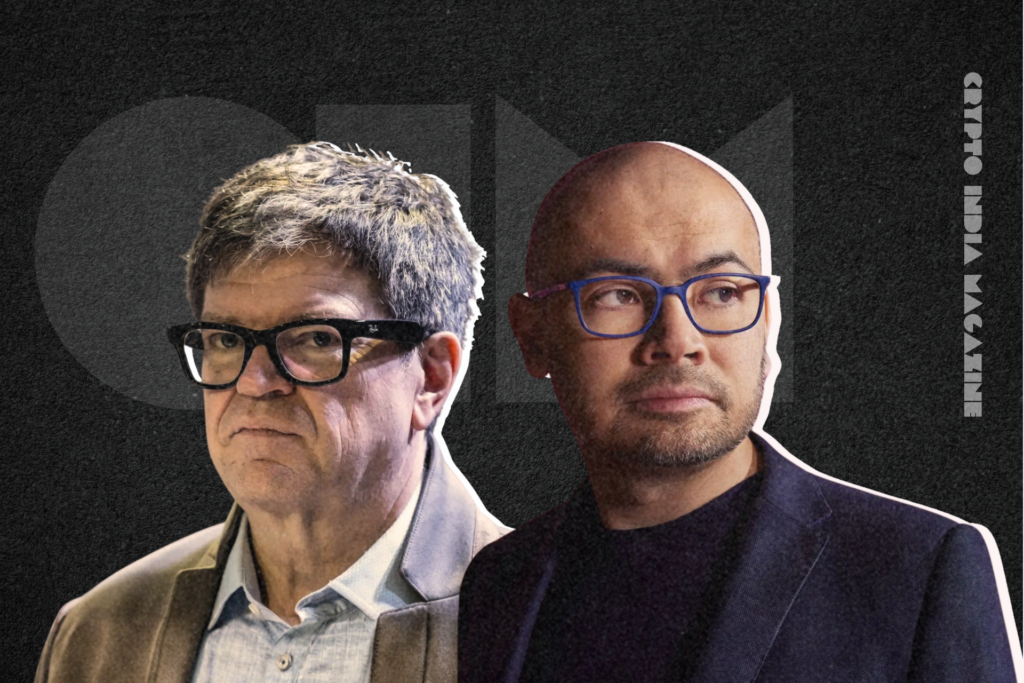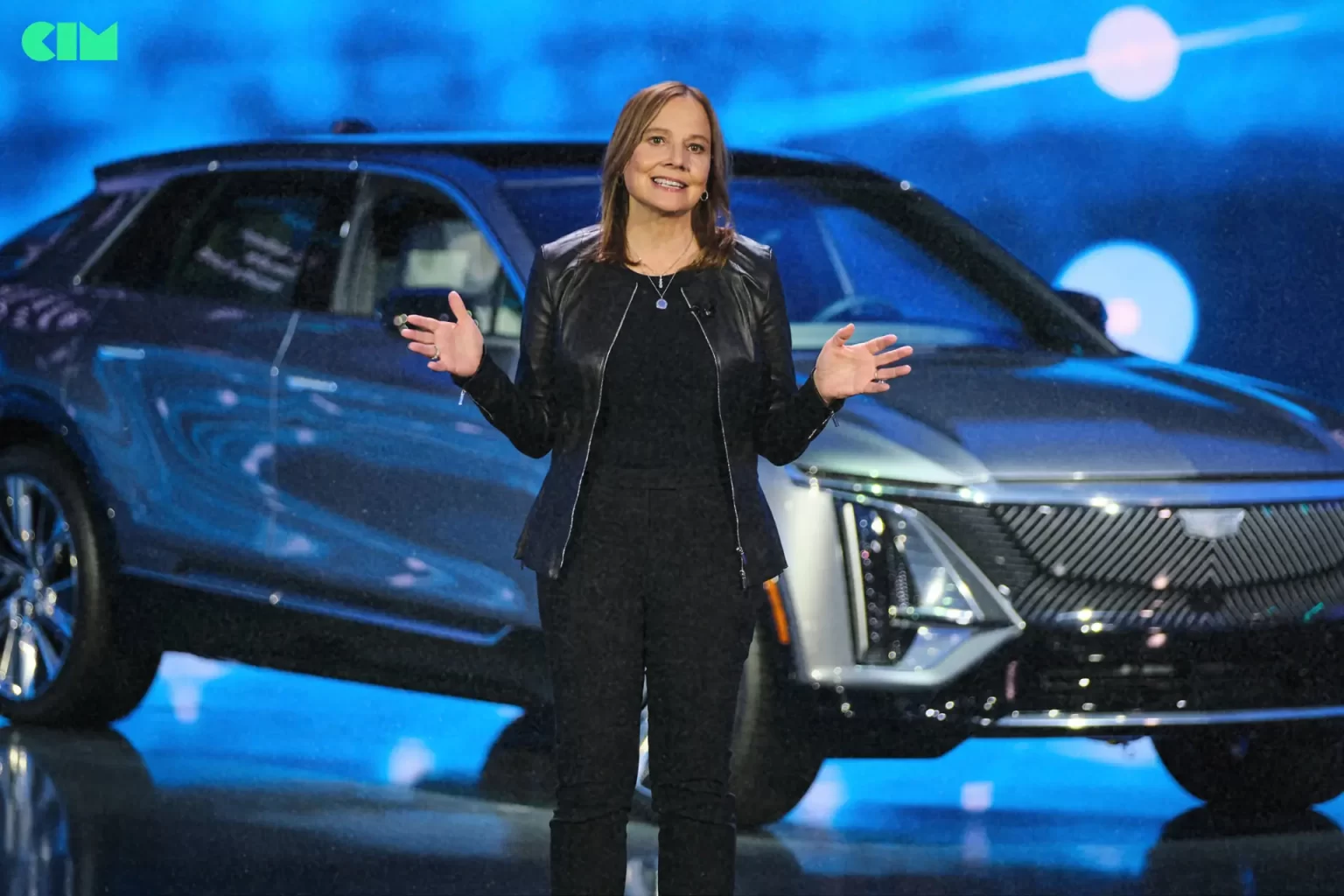Now Reading: Procreate Rejects Generative AI, Champions Human Creativity in Design
-
01
Procreate Rejects Generative AI, Champions Human Creativity in Design

Procreate Rejects Generative AI, Champions Human Creativity in Design
QUICK BITE
- Procreate rejects generative AI features, stating “AI is not our future” and prioritizing human creativity.
- CEO James Cuda strongly opposes generative AI in the creative industry, emphasizing Procreate’s commitment to human-centric design tools.
- Procreate’s stance aligns with growing concerns in the creative sector about AI’s impact, as other companies face backlash for AI integration attempts.
While artificial intelligence (AI), particularly generative AI, is gaining traction and undeniably making many segments more efficient, it’s not all sunshine and rainbows. The creative sector, in particular, has been somewhat skeptical, with concerns about originality, authorship, and the potential displacement of human creativity.
But, there’s a BUT. Amid all the adoption hype, the popular iPad design app Procreate has decided not to include generative AI features in its products. On its website, the company has publicly highlighted “AI is not our future.”
Additionally, while it acknowledges that machine learning is a powerful technology, it believes the current direction of generative AI doesn’t fit with its platform. Procreate also mentions that it’s not interested in pursuing a technology that could harm human creativity, even if this decision might make it seem like they’re falling behind.
“I really f****** hate generative AI.”
Procreate CEO James Cuda said in a video posted to X.
“I don’t like what’s happening in the industry, and I don’t like what it’s doing to artists. We’re not going to be introducing any generative AI into our products. Our products are always designed and developed with the idea that a human will be creating something.”
The announcement has received a lot of praise from creatives online who are unhappy with how other companies have dealt with the rise of generative AI tools.
For example, Clip Studio Paint, a competing illustration app, canceled its plans to add image-generation features after backlash from its users. Similarly, companies like Wacom, which makes drawing tablets, and Wizards of the Coast, the owner of Magic: The Gathering, have also apologized for unintentionally using AI-generated assets in their products due to similar reactions from their communities.
Furthermore, Adobe, known for its popular design tools, recently added some generative AI features to its products. However, the company faced criticism when its updated terms of service appeared to suggest that it would use users’ content to train AI models. Adobe later clarified that it does not train AI models on customer content.







